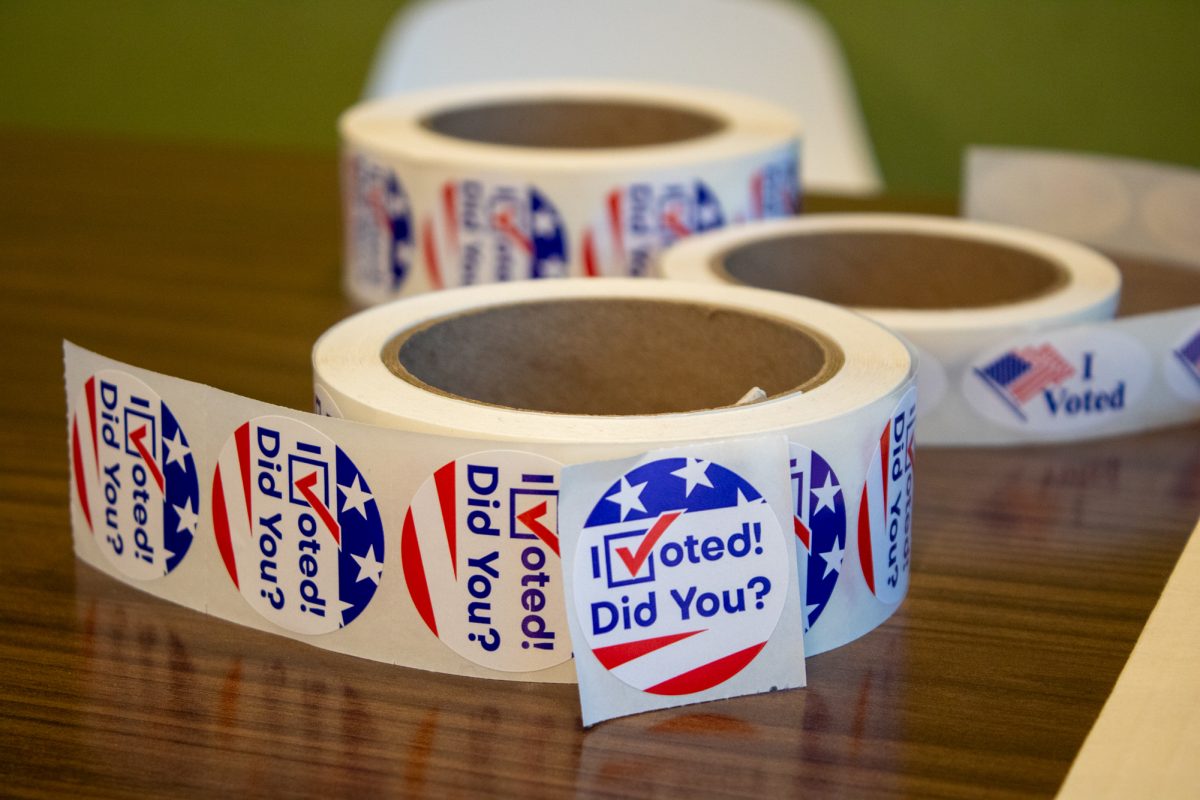Soap in the mouth
January 30, 2004
Lawmakers have proposed a new bill that could cause television and radio stations to be fined as much as $3 million for violations of broadcast decency laws.
The bill, proposed in the House of Representatives, supports the Federal Communication Commission’s request to increase penalties for broadcasters who violate laws against transmission of obscene or indecent language. The maximum fine would be raised to $275,000, ten times the current maximum fine, but repeat offenders could be fined as much as $3 million, according to bill HR 3717.
Thomas Beell, adviser for the ISU Broadcast Club and professor of journalism and communication, said ISU TV 20 is on cable television, so it would be unaffected by the proposed law. Cable television stations are not held to the same decency standards as network stations such as ABC.
Campus radio station KURE does not broadcast anything that would violate decency laws, Beell said. However, depending on the definition of indecency in the proposed law, the new fines could have an effect on student stations, he said.
“[The definition] might be so broad that it may have a chilling effect on creativity,” Beell said. “[However,] the vast majority of programming falls well within the limits [of decency].”
Andrea Hanna, president of the ISU Broadcast Club and junior in journalism and mass communication, said she does not think the increased fines are necessary.
“I think those [proposed fines] are obscene,” said Hanna, who is also a Daily staff writer.
Associate professor of journalism and communication Barbara Mack said the FCC is trying to flex its muscles against people who consistently violate the broadcast decency laws, such as “shock jocks.”
“It seems to me that what they are trying to do is put pressure on the Howard Stern-types of this world to change their behavior,” she said.
“I don’t see responsible broadcasters as having much of an issue with this at all.”
Beell said he thinks proposed fines will not have much effect on the “shock jocks” either.
“It doesn’t faze the companies who employ them because they are so popular,” he said.
Mack said there may be broadcasters who disagree with the proposed fines, but only because they do not think the government should tell broadcasters what to do.
Beell said the companies who employ people such as Howard Stern look at the fines as a cost of business, since the violations attract larger audiences and advertisers do not pull their support.
Beell said the FCC has proposed the new fines to try to present itself as doing something to regulate broadcasters.
“I think they’re acting because they want to give the impression they’re doing something to maintain the quality,” he said. “They’re distracting the public with this action.”
Beell said the FCC’s philosophy is to deregulate rules for broadcasters — it wants the marketplace to dictate what the media should do. He said it is ironic that FCC Chairman Michael Powell’s strategy is to deregulate broadcast companies, but he now wants to regulate what they can say on the air.
“This is a guy who is big on media deregulation but now content is an issue for him,” Beell said. “And I personally find that inconsistent.”






